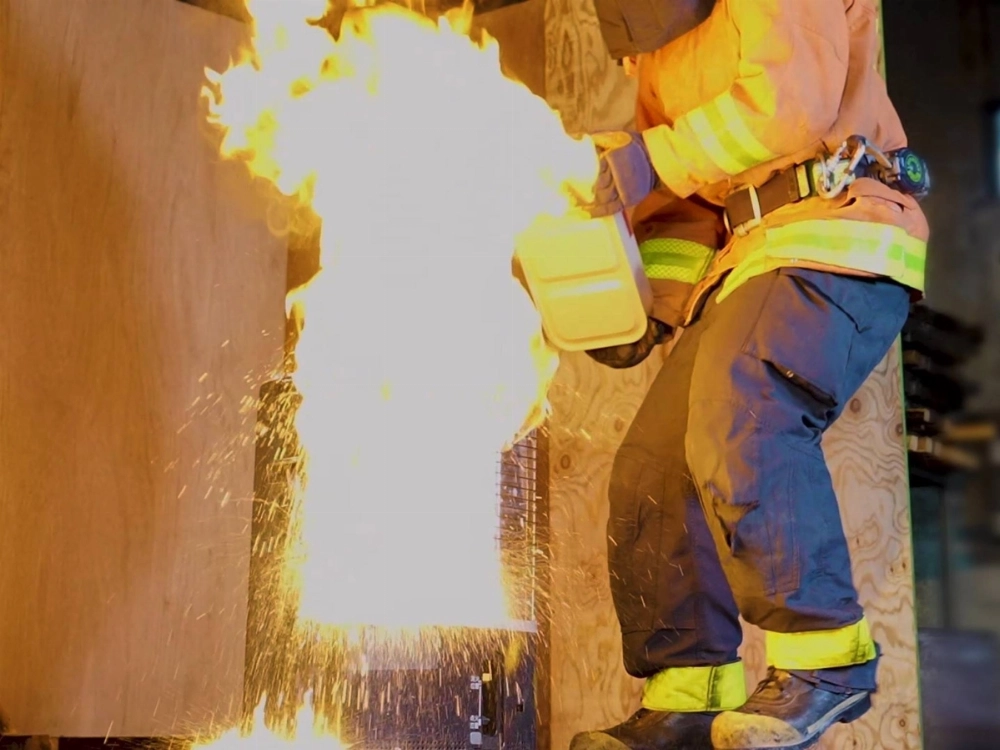With heater-related accidents typically spiking as temperatures drop, the National Institute of Technology and Evaluation (NITE) is urging households to inspect their heating devices ahead of winter.
In a safety advisory released Thursday, NITE reported that 582 heater-related incidents occurred between 2019 and 2023, with electric and kerosene heaters involved in over 80% of cases. Incidents typically surged in November and peaked in December, with elevated levels of heater-related accidents continuing through April.
NITE data show that oil heaters were linked to 276 fires, resulting in 56 fatalities and other serious injuries. Many of these fires stemmed from kerosene leaks from fuel caps, followed by incidents of gasoline misfueling and accidental contact with flammable materials.

















With your current subscription plan you can comment on stories. However, before writing your first comment, please create a display name in the Profile section of your subscriber account page.